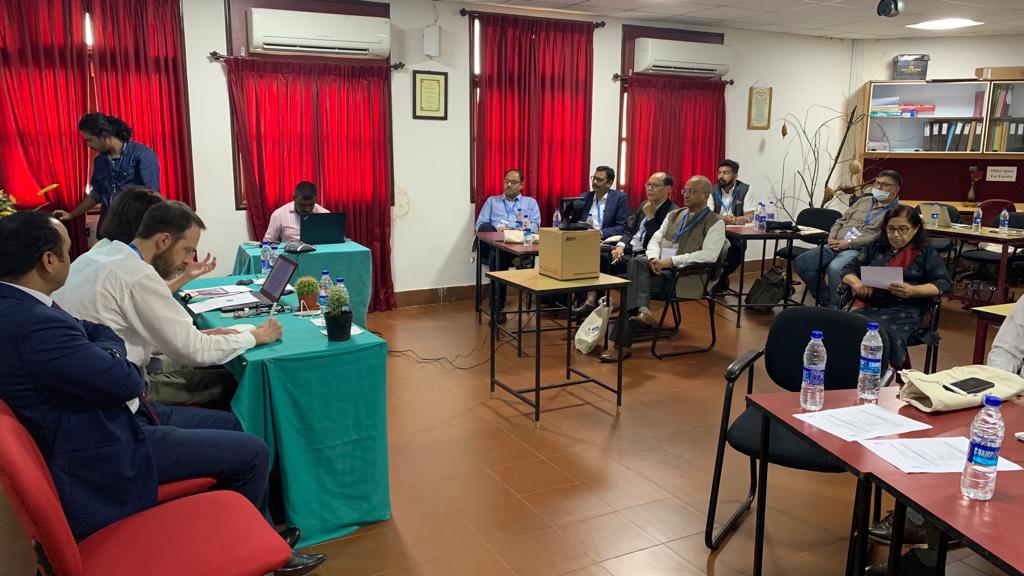Have you ever wondered where the term “dignity of the dead” originated? As part of our work at the International Committee of the Red Cross (ICRC), we often use the phrase to remind authorities and others about their responsibilities in respect of those who have died, their families, and their communities in accordance with International Humanitarian Law (IHL).
On October 6, 2022, the Regional Delegation of the ICRC in New Delhi, in collaboration with the Centre for Ethics, Yenepoya University, conducted a national-level workshop in hybrid mode to explore ethical questions about the dignified management of the dead and practical solutions to contemporary problems.
Dr Luciana Caenazzo, Forensic Geneticist at the University of Padua, Italy, Dr Derek Congram, Forensic Specialist at the ICRC Regional Delegation, and Dr Vina Vaswani, Director, Centre for Ethics from Yenepoya University, were the moderators. Dr Yogender Singh Bansal, Dr Jagminder Sehrawat and Dr Swapnil Agarwal were the key speakers.
A group of 18 leading forensic and health scientists participated in the workshop. Among the participants were also the faculty of the International Centre for Humanitarian Forensics (ICHF). As part of a partnership, the ICRC, in collaboration with the National Forensic Sciences University (NFSU), had launched the ICHF in 2018.
The discussions covered a wide range of legal and cultural issues related to human remains. Additionally, the participants discussed ways to improve the identification of unidentified remains and best practices for managing them. Current legal and cultural conventions for treating human remains was one of the key areas of discussion.
Some interesting observations were made at the end of the sessions. In particular, there was an acknowledgement that biological death is not the end of a person’s story, not only due to a person’s cosmology (e.g., belief in an afterlife) but also because people are social beings and communities and families of the deceased care about their ties to them. The discussions highlighted that practice often reflects custom and sentiment rather than rigid policies. There were also recommendations on how unidentified bodies should be handled respectfully.
The ICRC is adapting its existing activities and programmes to ensure the organization can help address the growing needs globally concerning the dead, their families, and those working to manage the dead. The Regional Delegation of the ICRC in New Delhi is providing technical support to forensic experts in India, Nepal, Bhutan and the Maldives.


